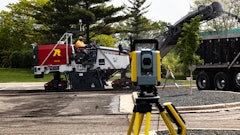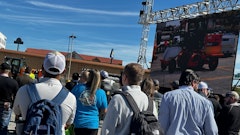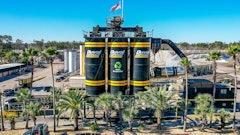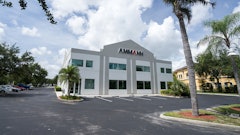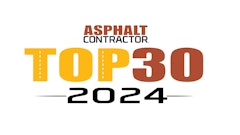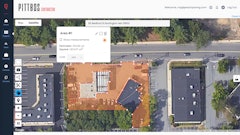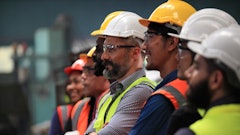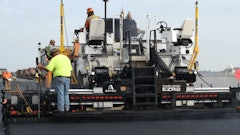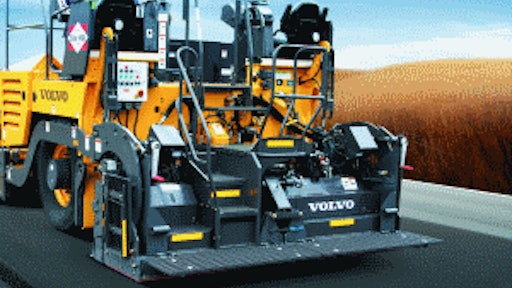
On a paving job, the last thing you want is a sidelined crew and a fleet of loaded asphalt trucks with nowhere to go due to a paver failure. Plus, the profit on many jobs is dependent on meeting key performance specifications.
This is where new asphalt pavers have an advantage. "New machines have the latest technology in addition to the 'new' factor," says Brodie Hutchins, Vogele America. "They are typically more efficient, meet the latest emission standards and are more comfortable."
"The material controls are more advanced and more accurate," adds John Sunkenberg, Volvo Construction Equipment. "The undercarriages and drive systems incorporate new technology that improves the life of components and delivers better performance and features."
The latest innovations can be very cost-effective in terms of reliability, durability and operator efficiency. For example, Caterpillar pavers equipped with Electronic Control Modules can simplify operation by automating the mix delivery system and operating speeds. "The ECMs simplify troubleshooting procedures by providing visual references of fault codes that enable service personnel to quickly define the problem," adds Terry Sharp, Caterpillar Paving.
Warranties and financing, in addition to any capital/depreciation incentives, can make new pavers attractive, as well. "The new extended warranties can assure that companies only have to repair wear parts for basically the life of the new unit," says Mark Bolick, LeeBoy. "Also, it is a good advertising tool to have your name on a new unit. It shows the company takes pride in the equipment, and that will transfer to the crew and the quality of work they do for the customer."
They still got it
That doesn't mean an older paver isn't capable of meeting project specs. As Sunkenberg points out, the basic principles of operation still apply.
"If you break it down to the basics, a paver is a conveyor and an iron. That hasn't changed in 60 years," he states. "You're dumping into a hopper, conveying to and through an auger system and spreading it out with a hot piece of steel. If you concentrate on best practices, in many ways, you can lay just as good a mat with an older machine as a newer one, as long as you are doing everything right."
Grade and slope controls can assist older machines in achieving specs. "You could put a modern averaging system on an older paver without a problem," says Sunkenberg, although it would require some adapting to make it interface properly. "On older machines, there are really no issues to adding modern technology such as lasers."
Of course, older machines weren't built to address current trends. For example, older machines primarily had diesel screeds, Sunkenberg points out. Today, only about 10% of screeds shipped from Volvo's factory are diesel. "Our 10-ft. models are all electric," he notes. "In addition, a lot of the older machines don't have the generator capacity or capability for night lighting requirements."
As such, you may want to investigate factory rebuilt pavers. "In our company, we have a remarketing division that will take in trades, rebuild them and put them back into the marketplace with all major hydraulic and powertrain components either replaced or rebuilt," says Sunkenberg. "We provide a factory warranty with it, depending upon the level of rebuild." ƒÞ













